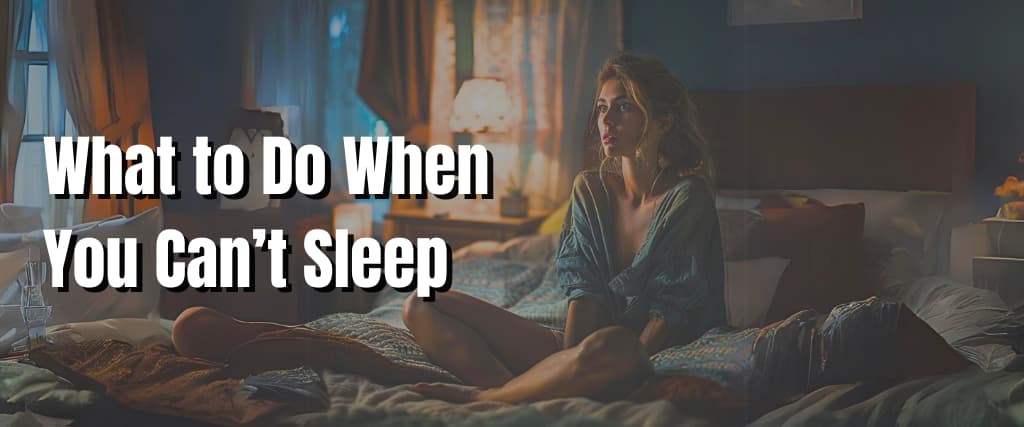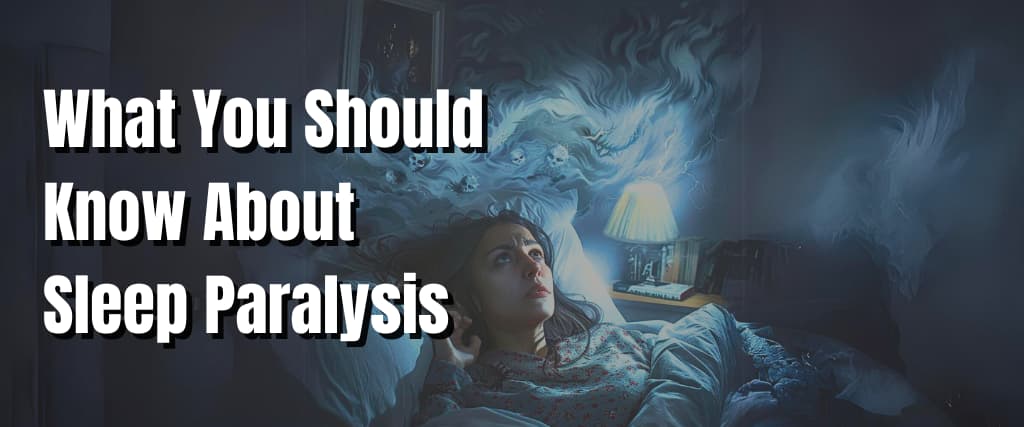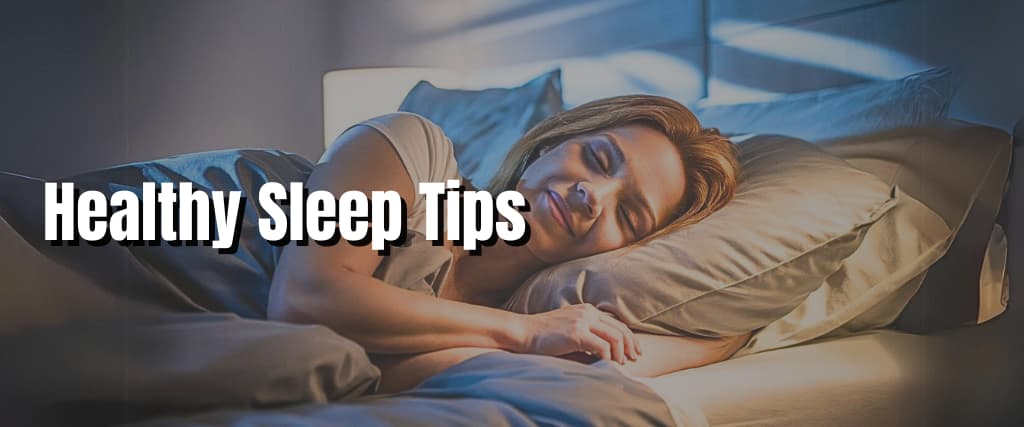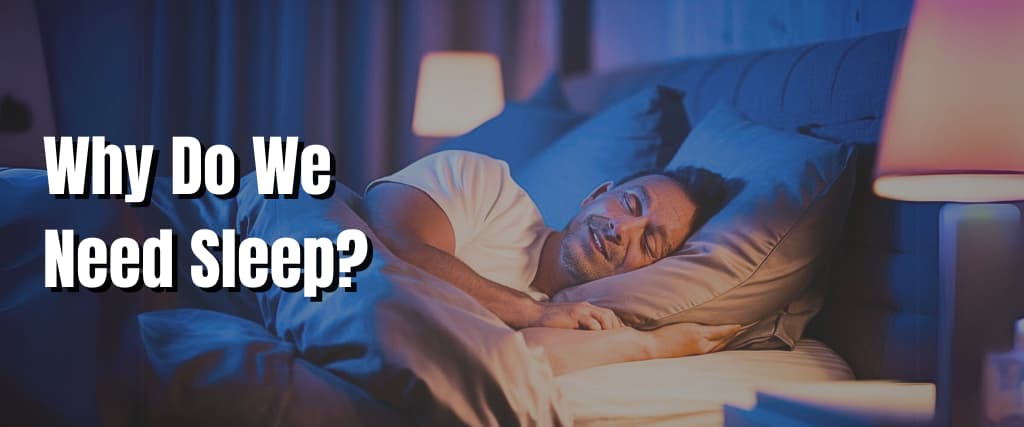According to Scientific studies, sleep is necessary at any age. This is because sleep restores the body, powers the mind, and strengthens every system in the body. In order to enjoy these benefits, how much sleep do we really need?
Adults in good physical shape need to sleep 7-9 hours per night. Toddlers, young kids, and teens require more sleep to foster their growth and development. On the other hand, people aged 65 and above should sleep for 7-8 hours per night.

Being knowledgeable of how much sleep you require is the first step. Secondly, it is important to reflect on your individual needs based on factors like overall health and activity level. Lastly, you need to apply healthy sleep tips to get the recommended full night’s sleep.
How Much Sleep Is Recommended For Each Age Group?
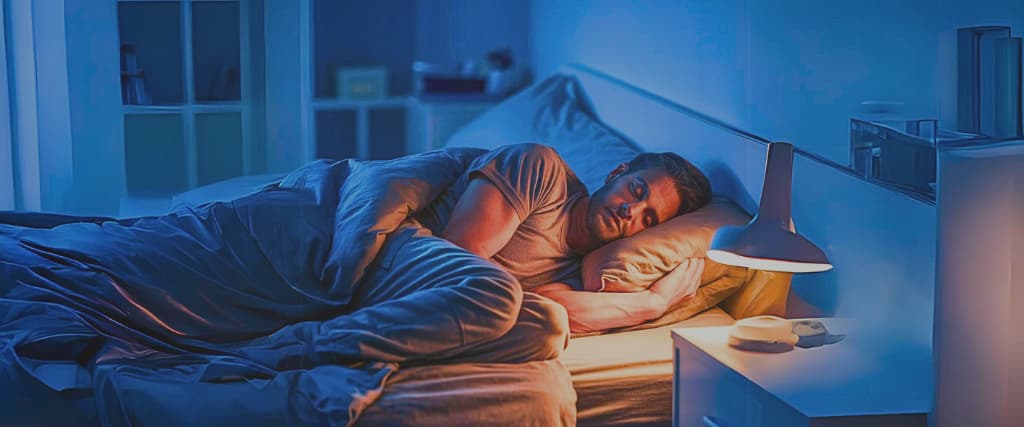
Here is a breakdown of sleep times into nine age groups.
| Age Group | Age Range | Recommended Hours of Sleep |
| Newborn | 0-3 months old | 14-17 hours |
| Infant | 4-11 months old | 12-15 hours |
| Toddler | 1-2 years old | 11-14 hours |
| Preschool | 3-5 years old | 10-13 hours |
| School-age | 6-13 years old | 9-11 hours |
| Teen | 14-17 years old | 8-10 hours |
| Young Adult | 18-25 years old | 7-9 hours |
| Adult | 26-64 years old | 7-9 hours |
| Older Adult | 65 and above | 7-8 hours |
The table above presents the recommended range or nightly sleep duration for healthy individuals in each age group. In other instances sleeping an hour more or less than the recommended range is acceptable based on somebody’s circumstances.
How Much Sleep Do You Require?

These guidelines serve as a principle for how much sleep children and adults require while accepting that the ideal amount of sleep can vary from one person to the next.
Due to that reason, the guideline lists a range of hours for each age group. The guideline also accepts that for people with unique conditions, there is some room for adjustment on either side “acceptable,though not optimal amount of sleep.
Determining how much sleep you require, means taking to account your daily activities, your overall health and knowing your usual sleep patterns. Some of the questions that may come in handy in assessing your sleep need include:
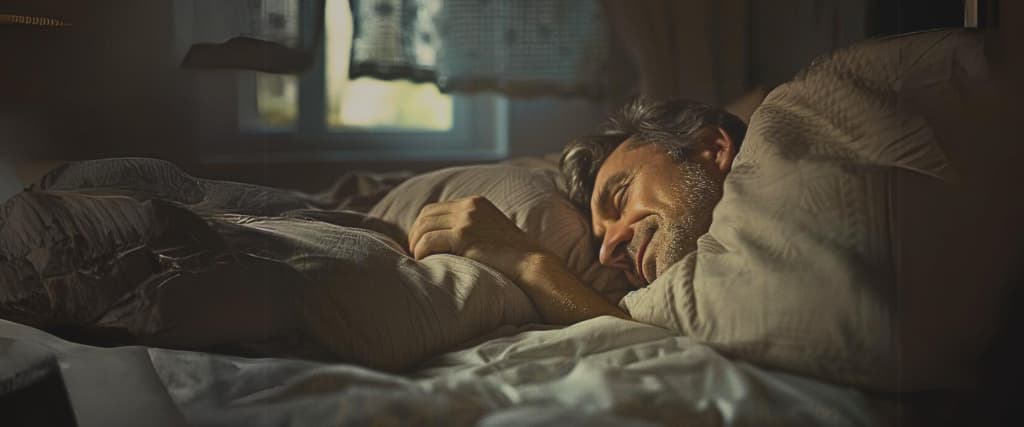
- On seven hours of sleep, are you happy, healthy, and productive? Or have you realized you need more hours of sleep to become more productive?
- Do you have existing health-related problems? Are you highly susceptible to any disease?
- Do you have a high-level daily energy expenditure? Are you involved in sports or work in a labor-intensive job frequently?
- Do your daily activities require you to be more alert so that you can handle them safely? Do you operate heavy machinery or drive every day? When performing these activities, do you ever feel sleepy?
- Do you have a history, or are you suffering from sleeping problems?
- Are you reliant on caffeine to get you through the day?
- Do you sleep more when you have an open schedule or sleep more on a typical workday?
Begin with the above-stated recommendations and use your answers to these questions to move towards achieving an optimal amount of sleep.
How Were The Recommendations Created?
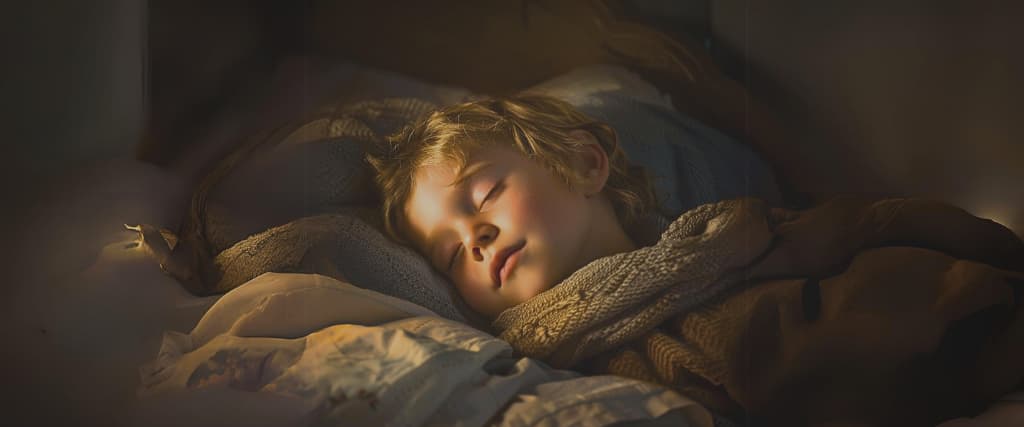
A team of 18 experts from different fields of science and medicine was convened to come up with this recommended sleep time. The panel members went through numerous validated research studies about sleep duration and main health outcomes such as cardiovascular disease, diabetes, and depression.
There were numerous rounds of discussions and voting after studying the evidence. This allowed the team to zero in the ranges for the quantity of sleep necessary at different ages. The process took over nine months to complete.
Organizations like the American Academy of Sleep Medicine (AASM) and Sleep Research Society (SRS) have also presented their recommendations on the amount of sleep required by children and adults. Generally, all these organizations have findings that nearly concur as it is the same case to similar organizations in Canada.
Improve Your Sleep Today: Make Sleep a Priority
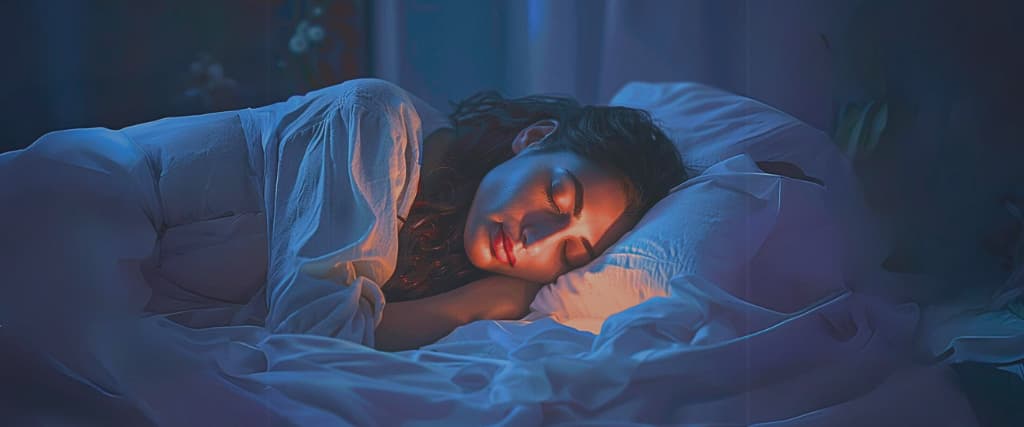
Once you have your goal on the hours of sleep that you need, it is high time you start planning on making that a reality.
Begin by making sleep a priority in your program. This means setting aside the hours you need for sleep so that social activities or work do not interfere with sleep. Even though reducing your sleep hours might be tempting at the moment, it isn’t a great idea. This is because sleep is important in being at your best, both physically and mentally.
Working on your sleep hygiene that comprises your bedroom environment and sleep-related patterns, is an ideal technique to get better rest. Some sleep hygiene improvements comprise of:

- Following the same sleeping routine every day and on weekends.
- Observing a relaxing pre-bedtime routine to make it easy to fall asleep fast.
- Selecting a mattress that is comfortable and supportive and complementing it with quality bedding and pillows.
- Reducing potential distractions from light and sound while enhancing your room temperature and aroma.
- Detaching yourself from electronic devices such as phones and laptops half-hour before bedtime.
- Monitor your intake of alcohol and caffeine and avoid consuming them in the hours leading to sleep.
If you are a parent, a number of the same tips work best to help children and teens get the recommended amount of sleep they require for kids their age. Recommendations for parents can also work better for teens, specifically, who face several sleep challenges.

Having enough sleep is an essential part of the equation. However, it is not just about quantity, but the quality of sleep matters too. You might get the hours you need for your sleep but not feel refreshed because your sleep is insufficiently refreshing or fragmented. Luckily, improving sleep hygiene often boosts both the quality and quantity of your sleep.
Suppose you or your family member have symptoms such as major sleepiness during the day, leg cramps, chronic snoring, chronic insomnia, difficulty breathing during sleep, or other symptoms that may be stopping you from sleeping fine. You need to consult your doctor or sleep specialist to determine the primary cause.

On the other hand, you can try using a Sleep Log or Sleep Diary to track your sleep patterns. This can offer insights into your sleep patterns and needs. Seeing a doctor for your ongoing sleep problem can also prove helpful in understanding your sleeping needs.



